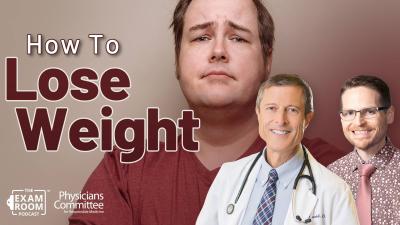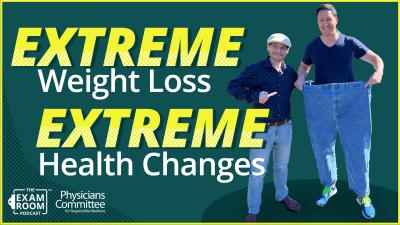Let’s Not Sugarcoat Obesity’s Leading Causes

There are plenty of reasons to exercise and plenty of reasons to limit sugar, but the truth is, neither would be enough to stem the obesity epidemic. Studies show that exercise, despite all its benefits, cannot compensate for poor eating habits when it comes to weight loss.
For the first time since 2004, obesity rates are climbing in the United States.
The news – recently released in a CDC report – took many by surprise. How could this have happened, headlines wondered, despite widespread national efforts to prevent obesity? In spite of Let’s Move? In spite of a 25 percent drop in consumption of sugary, full-calorie sodas over the last two decades?
There are plenty of reasons to exercise and plenty of reasons to limit sugar, but the truth is, neither would be enough to stem the obesity epidemic. Studies show that exercise, despite all its benefits, cannot compensate for poor eating habits when it comes to weight loss.
For the most part, too much sugar and too little exercise sugarcoat the real issue at hand: We’re eating meat and dairy products in quantities that our grandparents never imagined.
Obesity was all but unheard of a century ago in the United States. By 1970, about 11 percent of the population qualified as obese. Today, that number stands at 36 percent. So what did happen?
Since 1970, our overall energy intake has risen by about 500 calories per day. Where are most of these extra calories coming from? The bulk is from meat, eggs, dairy products, and added fats, which account for an extra 287 calories every day. That adds up to about four extra pounds per year.
Let’s rewind another 60 years. Compared to 1909, we now consume 60 more pounds of meat per person each year. Cheese consumption has soared from just four pounds per person in 1909 to more than 30 pounds today, making it a leading source of saturated fat in Americans’ diets.
Eating 100 more pounds of meat and cheese – along with saturated fat and cholesterol – every year has, not surprisingly, only made us gain weight and get sick.
Decades of science confirm that our waistlines would benefit from simply moving the animal products off our plates. Last year, my colleagues and I analyzed 15 major studies and concluded that vegetarian diets consistently lead to weight loss, even without calorie restriction or exercise. And long-term observational studies show that vegetarian—especially vegan—populations are the trimmest and healthiest on the planet.
It’s time to stop the sweet talk: Meat and dairy are the real drivers of the obesity epidemic, and setting them aside will help solve it.








